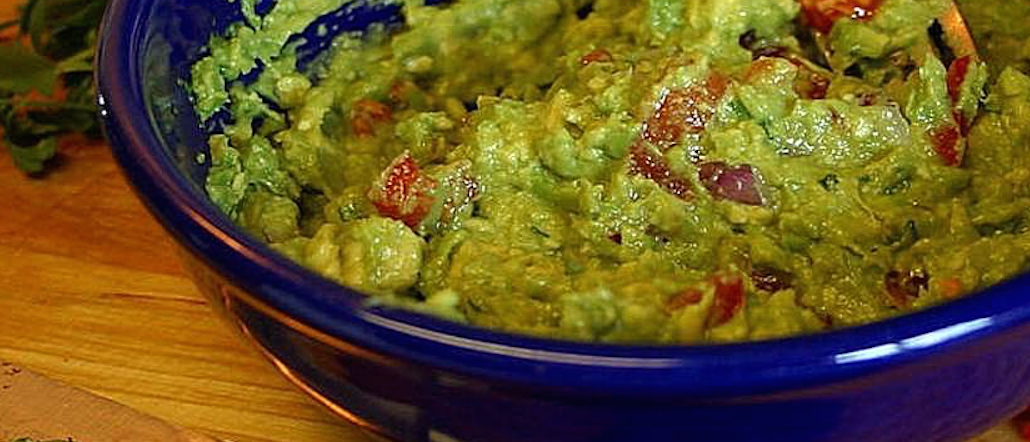Secure your place at the Digiday Publishing Summit in Vail, March 23-25

For once, The New York Times is bringing people together.
When it’s not busy discovering Brooklyn or writing about the hottest new monocle trends, the Gray Lady is usually the paper of record. Only, today it has sent a tweet that repulsed a nation.
And the Internet wants to make one thing clear: Nobody — regardless of age, race or political party — wants peas in their guacamole. From Jeb Bush and the Texas GOP to President Barack Obama himself, people on both sides of the aisle agreed that the whole proposition is just ludicrous.
“The peas add intense sweetness and a chunky texture to the dip, making it more substantial on the chip,” writes food columnist Melissa Clark.
Add green peas to your guacamole. Trust us. https://t.co/7imMY9c2ph pic.twitter.com/oeOMt2qgmh
— The New York Times (@nytimes) July 1, 2015
Last we checked, guacamole wasn’t broken. So why is the Times trying to fix it? What’s next? Adding cottage cheese into queso? The disgusting tweet was widely mocked — in hundreds of retweets in the first few hours hours — and the Times was put on warning.
(Theory: We’re all just letting out a little cyber-steam in the wake of an intense couple of news weeks.)
A few of the Internet’s better pot (pea?) shots:
@nytimes please delete this — Lindsey Adler (@Lahlahlindsey) July 1, 2015
@nytimes Possibly the worst food advice ever.
— David Saleh Rauf (@davidSrauf) July 1, 2015
@nytimes delete your account — Laura J. Nelson (@laura_nelson) July 1, 2015
@nytimes hacked?
— Farhad Manjoo (@fmanjoo) July 1, 2015
The @nytimes declared war on Texas when they suggested adding green peas to guacamole. https://t.co/EDTqbzzsyE pic.twitter.com/FHjTvCaNj7 — Texas GOP (@TexasGOP) July 1, 2015
@nytimes don’t do this.
— BuzzFeed (@BuzzFeed) July 1, 2015
when u find peas in your guacamole @nytimes pic.twitter.com/6hJ0kux6mK — darth!™ (@darth) July 1, 2015
Not until you put avocado in your shepherd’s pie. https://t.co/K7jsNmOw9a — James Poniewozik (@poniewozik) July 1, 2015
Why would you pee in guacamole that’s disgusting — Silvia Killingsworth (@silviakillings) July 1, 2015
Peas in guacamole is Media Twitter’s gamergate — Alastair Coote (@_alastair) July 1, 2015
B E Never put Green peas H A Z In guacamole you weirdos — delrayser (@delrayser) July 1, 2015
so has anyone even bothered to try and see if adding green peas to guacamole is good? — David Covucci (@DavidCovucci) July 1, 2015
respect the nyt, but not buying peas in guac. onions, garlic, hot peppers. classic. https://t.co/MEEI8QHH1V
— President Obama (@POTUS) July 1, 2015
More in Media

How creator talent agencies are evolving into multi-platform operators
The legacy agency model is being re-built from the ground up to better serve the maturing creator economy – here’s what that looks like.

Why more brands are rethinking influencer marketing with gamified micro-creator programs
Brands like Urban Outfitters and American Eagle are embracing a new, micro-creator-focused approach to influencer marketing. Why now?

WTF is pay per ‘demonstrated’ value in AI content licensing?
Publishers and tech companies are developing a “pay by demonstrated value” model in AI content licensing that ties compensation to usage.





